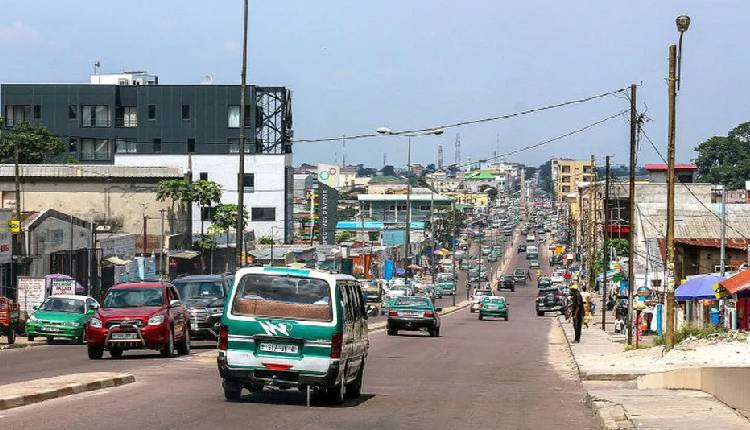The Congolese economy is “gradually recovering,” with GDP growth projected to rise from 1.9 per cent in 2023 to 3.5 per cent in 2024, the World Bank’s latest report revealed. This growth is supported by expected increases in oil and non-oil activities, projected at 4.2 per cent and 3.5 per cent respectively.
However, the World Bank report said “the recovery remains fragile, owing primarily to the volatility of oil production.”
According to the Eleventh Economic Update for the Republic of Congo, the inflation accelerated to an average of 4.3 per cent in 2023, and severe food insecurity affects 59 per cent of the population. Widespread poverty persists, with nearly one in two Congolese living on less than US$2.15 per day.
The report underscores the significance of developing effective fiscal instruments to support sustainable forestry.
Forests constituent two-thirds of Congo’s territory. The country has successfully managed to keep its deforestation rate low and stable despite economic development and illegal logging. Over the past decade, Congo has carried out major forest policy reforms to strengthen sustainability, including enacting a new forest code in 2020. The country is committed to reducing its CO2 emissions by 32 per cent by 2030. However, this will necessitate external financial support of about $7.1 billion for climate change mitigation and adaptation. Despite the critical role played by Congo’s forests and by forests in the Congo Basin in general, international funding is still inadequate.
“To support the sustainability of forests despite budget constraints and limited international funding, Congo can consider climate-smart fiscal revenue instruments that align tax rates with the sustainability of timber production methods, such as the “bonus-malus” system introduced in some countries in the region,” said Louise Pierrette Mvono, World Bank Resident Representative for the Republic of Congo.
The report outlined three key strategies to address challenges facing Congo’s forestry sector:
- Strengthen domestic management: Improve forest governance through better law enforcement, monitoring, and transparency. Combine this with financial incentives to protect forests while boosting the forestry sector’s economic contribution.
- Enhance regional cooperation: Harmonise forest regulations across the Congo Basin countries, improve law enforcement cooperation, and align forest fiscal policies. This will strengthen the region’s capacity to address cross-border challenges and attract more international funding.
- Increase international support: Recognise the global benefits of Congo’s forests and provide financial compensation to the country for forest preservation efforts. This support is crucial to help Congo protect its forests, which play a vital role in regulating the global climate and maintaining biodiversity.
The report notes Congo’s progress, such as the July 2023 log export ban, which aims to promote economic diversification and market access.
Attribution: The World Bank
Subediting: Y.Yasser


